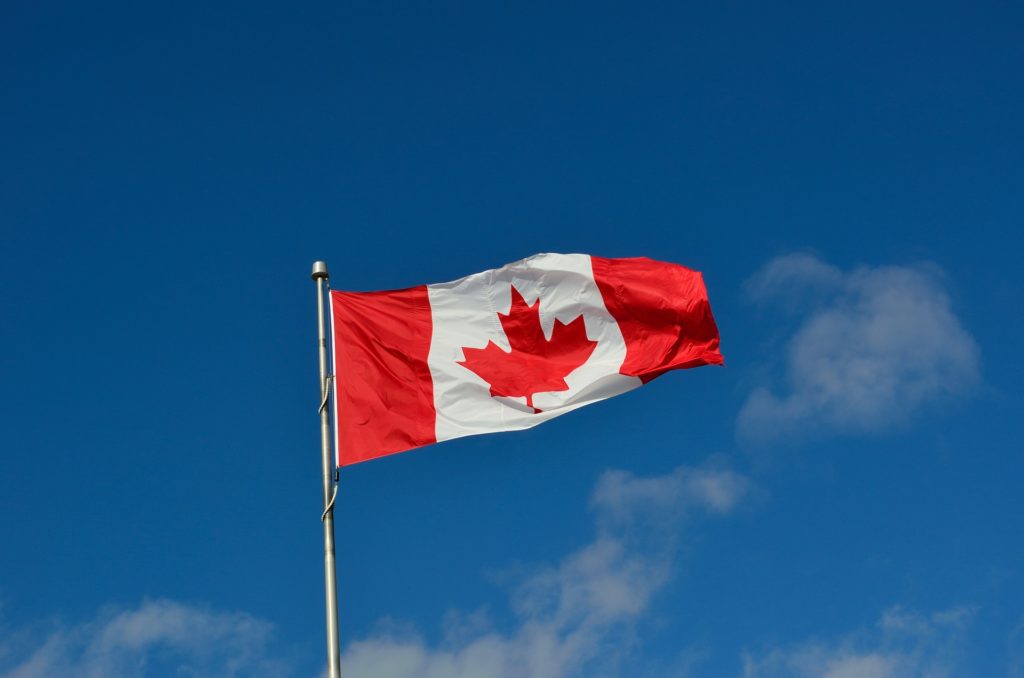
The past two months have been marked by unprecedented turmoil for the British royal family, after the announcement by the Duke and Duchess of Sussex, Prince Harry and Meghan Markle, that they would step down as senior members of the royal family and entertain their own financial independence. Under a new working arrangement, they will be free to earn professional income and will have more liberty to pursue their charitable endeavours. Further details on the specific arrangements can be found here.
In anticipation of their new projects, a trademark application and a domain name registration for SUSSEX ROYAL had been sought in the UK. Following a recent intervention by Her Majesty the Queen herself, however, the use of the term “royal” has now been disallowed. Since the Duke and Duchess of Sussex would no longer be serving as “royal” members and representatives, as they gave up their royal duties, then there was no justification for them to further use this term. The UK trademark application for SUSSEX ROYAL was thereby withdrawn.
Could this be the end of some kind of trademark protection in Canada for the Duke and Duchess of Sussex? While the use of the term “royal” has been reported to be abandoned for present and future usage, could the combination of “Sussex” and “Duke”/”Duchess” with other terms, be used for as trademarks in Canada? The Queen may yet have something to say about their trademark(s) in Canada, on the basis of Canada’s “official marks” regime.
Setting aside the possible objections on the use of geographical terms in a trademark (Sussex also refers to a county in England), there may be another barrier to trademark protection in Canada by way of Canada’s so-called “official marks”. Under Canadian trademark law, section 9(1)(n) of the Trademarks Act specifically prohibits the adoption in connection with a business as a trademark or otherwise any sign that consists of or so nearly resembles any badge, crest, emblem or mark, (1) adopted and used by in Canada, for goods and services (2) by any public authority, where (3) public notice of its adoption and use has been made by the Trademark Registrar.
Whether an entity could be considered a “public authority” is determined via a two-part test made up of the following elements: (a) a significant degree of control must be exercised by the appropriate government over the activities of the body; and (b) the activities of the body must benefit the public. The requirement for a “significant degree of control” requires that the government be enabled, directly or through its nominees, to exercise a degree of ongoing influence in the entity’s governance and decision-making. Canada is a constitutional monarchy, where the Queen of England also holds the title of Queen of Canada, which is the ultimate head of the Canadian state, as represented by the Governor General of Canada. While it is arguable that the activities of the Queen benefit the public, it may be more difficult to argue that there is appropriate government control over the Queen’s activities; she is the government after all.
Even if one could argue that the Queen, as Queen of Canada, could qualify as a “public authority” in the sense of 9(1)(n), what constitutes a mark being adopted and used in Canada? While the Canadian Trademarks Act does not define “adoption” or “use” in regards to official marks, it has been found that a common feature of both “adoption” and “use” is that there is an element of public display of the mark. Heirs of the Queen are also heirs to the Canadian Crown. Royal dukedoms, such as that of Sussex, are granted to the heirs of the monarch, and these titles, such as the Duke and Duchess of Sussex, are used when acting in official capacities as representatives of the Queen. In their previous roles, Prince Harry and Meghan Markle have appeared in Canada on numerous occasions in such capacity, and as such, any use of a mark in association therewith may be evidence of adoption and use in Canada as per 9(1)(n) of the Trademarks Act. Thus, there is an argument to be made that Her Majesty (through the Duke and Duchess’ previous activities) has adopted and used any mark (e.g. that would integrate the words “Sussex” and “Duke”/”Duchess”).
Unfortunately, it would be necessary for there to proper public notice of any such mark’s adoption and use in order to invoke 9(1)(n). This is typically done through the requesting that the mark be advertised in the Canadian Trademarks Journal, published on the website of the Canadian Intellectual Property Office. Without this public notice, there is no “official mark”.
In addition to section 9(1)(n), the Trademarks Act at Section 9(1)(d) further prohibits the adoption of “any word or symbol likely to lead to the belief that the goods or services in association with which it is used have received, or are produced, sold or performed under, royal, vice-regal or governmental patronage, approval or authority”. This means that regardless of whether section 9(1)(n) applies, Canadian trademark law could prohibit Prince Harry and Megan Markle from using a mark that would suggest or likely mislead consumers into thinking that any goods and services they intend to commercialize in Canada have received royal or vice-regal endorsement. Given that they have renounced further royal duties, it is unclear as to whether the use of their title as Duke and Duchess of Sussex, which they are still entitled to keep and use, could amount to misleading royal or vice-regal patronage or approval for potential goods and services.
Fortunately, Section 9(2) of the Trademarks Act does provide that the use of any mark in contravention of Sections 9(1)(d) or (n) can be made in connection with a business if that the appropriate entity (e.g. the Queen) consents to that use.
While the couple has now comfortably moved to Canada for the foreseeable future, it is less certain that a branding strategy centered on their title as Duke and Duchess of Sussex, should they choose to protect it in Canada, would find a receptive legal environment.
Learn more about our Trademark practice.
Mark D. Penner’s practice focuses on all aspects of the acquisition, protection, enforcement and strategic use of a wide range of intellectual property assets in Canada and around the world.

